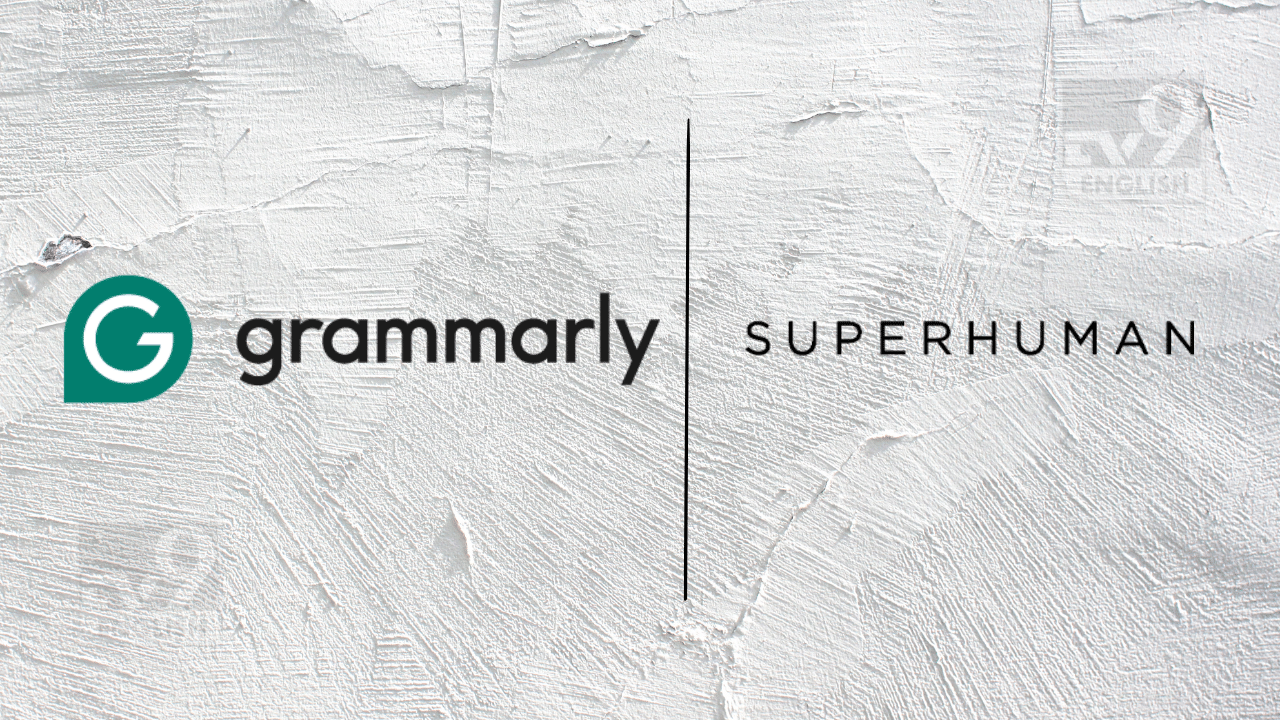New Delhi: Grammarly is making another big move to shape the future of productivity tools. On Tuesday, the company announced it is acquiring Superhuman, the AI-powered email app that claims to save users up to four hours every week. This marks Grammarly’s second major acquisition in recent months, following its purchase of Coda, the collaborative document platform.
The financial terms of the deal have not been disclosed. But Superhuman, founded by Rahul Vohra, Vivek Sodera, and Conrad Irwin, had previously raised over $114 million from investors like Andreessen Horowitz, IVP, and Tiger Global. Its last reported valuation was around $825 million, according to data from Traxcn.
Grammarly sees email as key to its AI plans
Grammarly already handles more than 50 million emails a week across platforms like Gmail, Outlook, Apple Mail, and even Superhuman. So it’s no surprise the company sees email as a critical part of its strategy.
“Email isn’t just another app. It’s where professionals spend significant portions of their day, and it’s the perfect staging ground for orchestrating multiple AI agents simultaneously,” said Shishir Mehrotra, CEO of Grammarly. He added, “With Superhuman, we can deliver that future to millions more professionals while giving our existing users another surface for agent collaboration that simply doesn’t exist anywhere else.”
Rahul Vohra, Superhuman’s CEO, echoed the sentiment, saying, “Email is the main communication tool for billions of people worldwide and the number-one use case for Grammarly customers. By joining forces with Grammarly, we will invest even more in the core Superhuman experience, as well as create a new way of working where AI agents collaborate across the communication tools that we all use every day.”
What Superhuman brings to the table
Superhuman has built a reputation for speed, sleek design, and AI features like smart replies and auto-scheduling. The company says users send and respond to 72% more emails per hour after using the app. Around 94% of its weekly active users are already using AI tools within the app.
By plugging this tech into Grammarly’s larger ecosystem, the goal is to let users manage emails with help from smart agents that can read, sort, schedule, and even write replies in the user’s own tone. Grammarly says it’s building toward a future where users work alongside several task-specific AI agents at once. That could mean having one agent fixing your grammar, another providing customer insights, a third tracking meeting schedules, and so on.
Building a wider AI productivity platform
This acquisition also supports Grammarly’s larger push to move beyond writing correction tools. With Coda already in its portfolio and now Superhuman in the mix, the company is forming what it calls a multi-agent AI productivity platform.
Earlier this year, Grammarly raised $1 billion in a non-dilutive funding round from General Catalyst, which the company said will be paid back as a share of future revenue generated using the capital.
